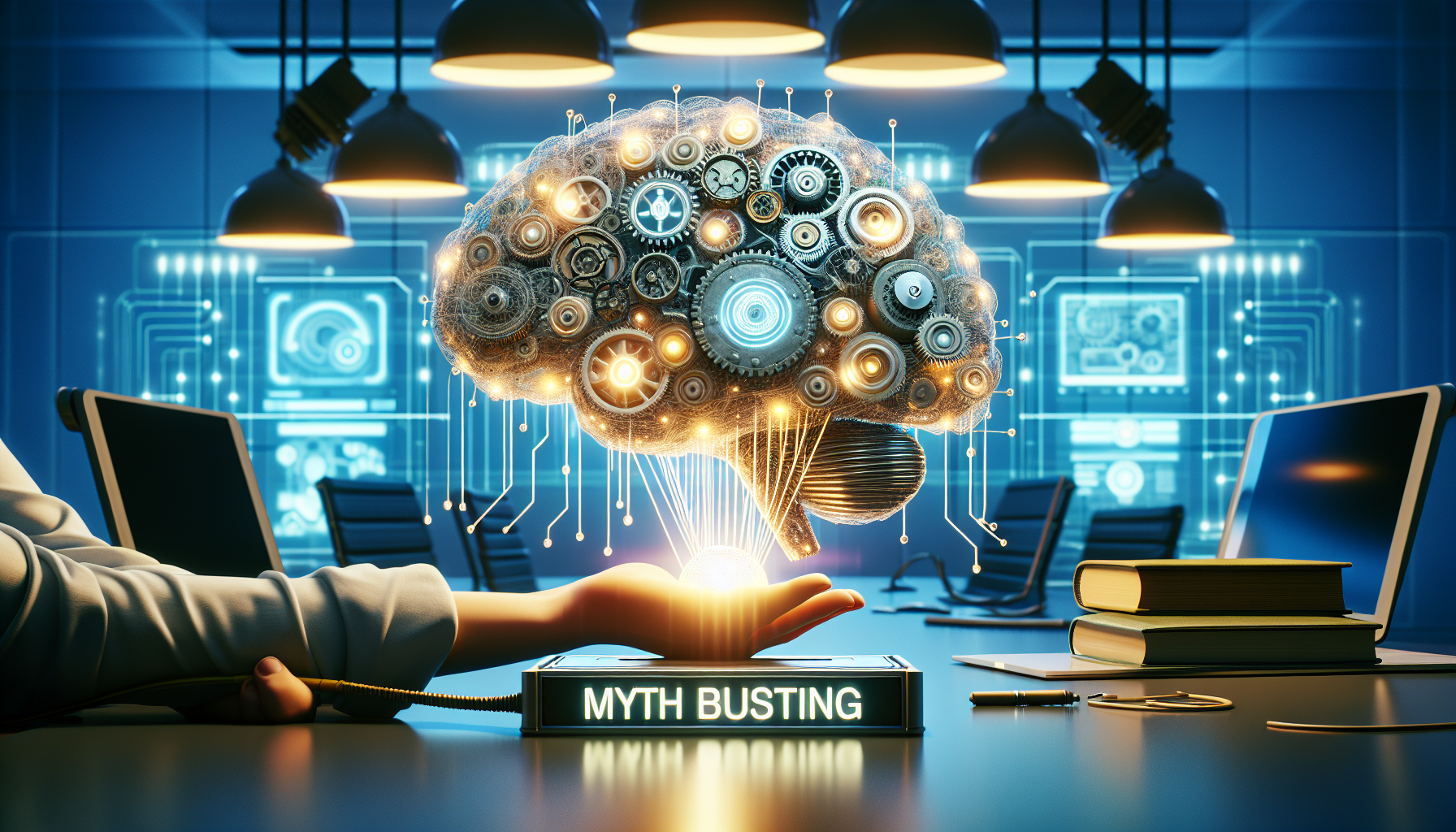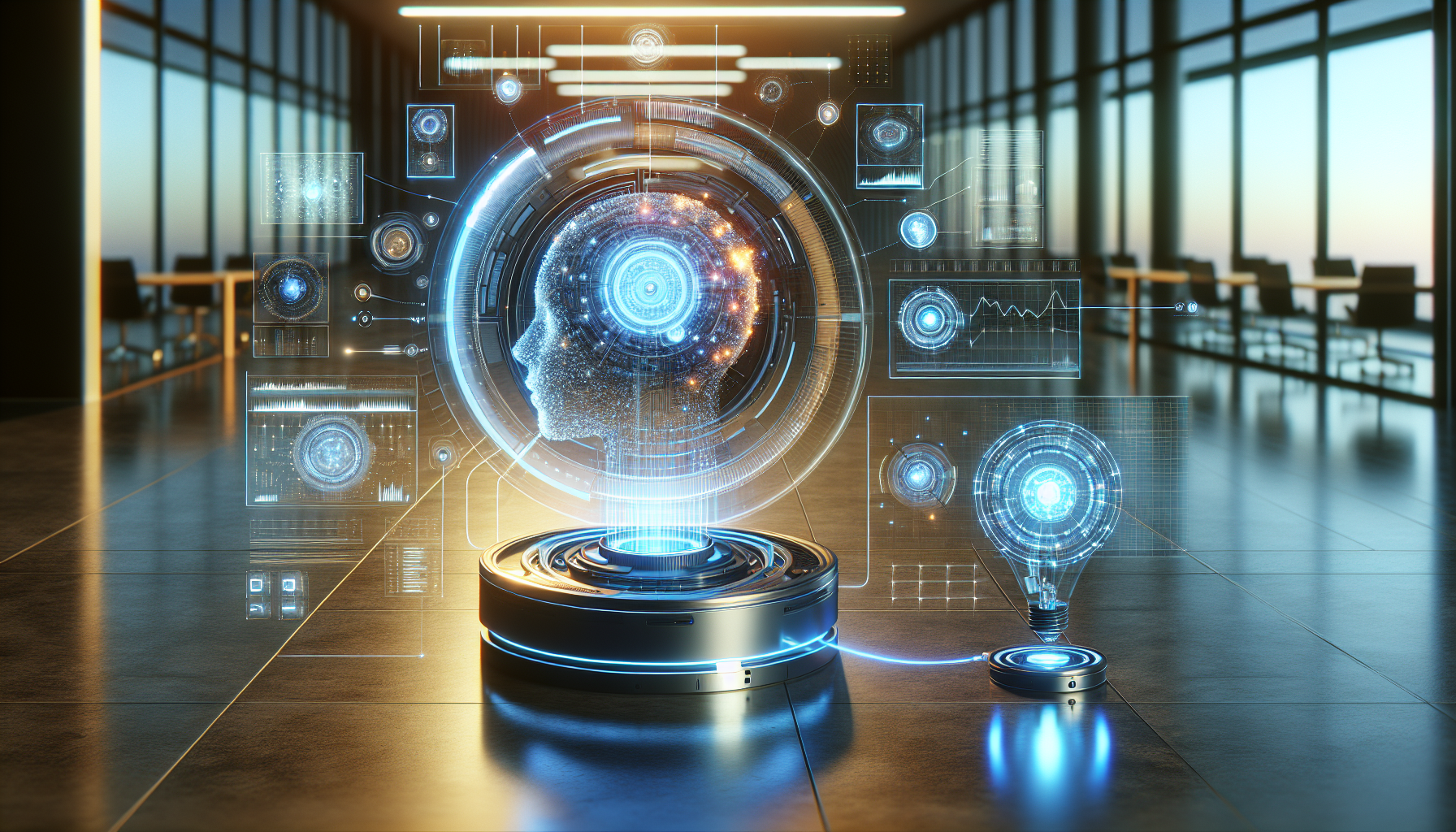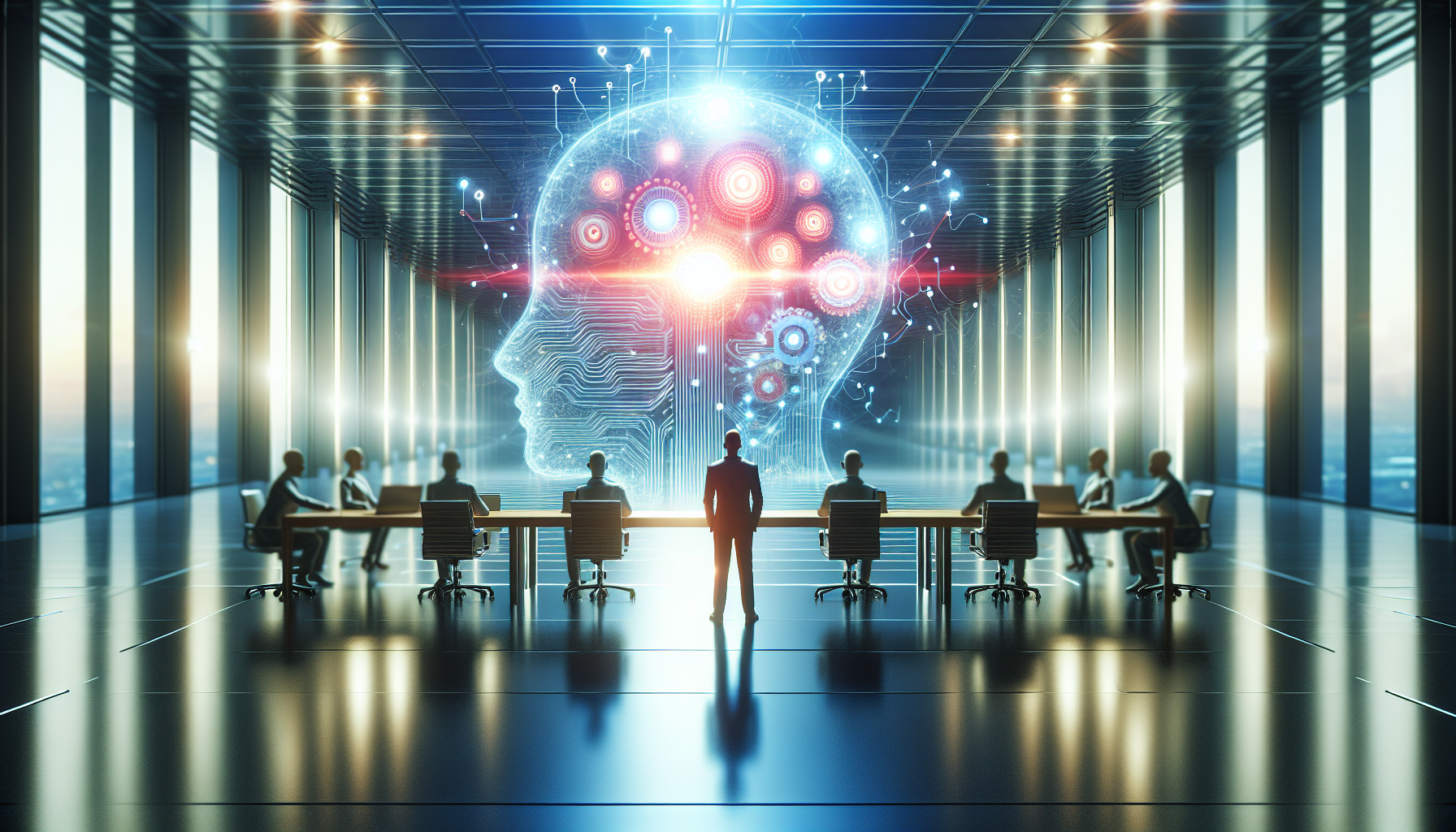
AI in Sports: Dispelling Myths About Performance Enhancement and Fan Engagement
October 26, 2025
Artificial Intelligence is reshaping numerous aspects of human endeavor, and sports is no exception. Yet, as AI technology becomes increasingly embedded in the sports industry, several myths persist regarding its role in enhancing athletic performance and engaging fans. It is crucial to scrutinize these misconceptions to understand the true potential of AI in this vibrant sector.
One prevalent myth suggests that AI in sports is primarily about replacing human elements with machines. Contrary to this belief, AI serves as a complementary tool rather than a substitute for human expertise. Coaches, athletes, and analysts utilize AI to gather and interpret vast amounts of data, which can provide insights that were previously unattainable. For instance, AI algorithms can analyze video footage to identify subtle patterns in player movements, enabling coaches to tailor training programs to improve an athlete's performance. This symbiotic relationship between technology and human intuition exemplifies how AI can enhance rather than replace human capabilities.
Another misconception is that AI's role in sports is limited to professional arenas, where resources and technology are abundant. In reality, AI applications are becoming increasingly accessible at various levels of sports, including amateur and youth leagues. Wearable technology powered by AI, for instance, allows athletes to monitor their biometrics in real-time, fostering an environment of self-improvement and injury prevention. These tools democratize access to performance enhancement strategies, proving that AI is not an exclusive privilege of elite athletes.
AI's influence also extends to fan engagement, an area often misunderstood as being solely about digital enhancements during live matches. While AI-driven platforms do indeed offer real-time statistics and interactive experiences, their impact goes further. AI is transforming the way fans interact with sports content by personalizing experiences. Through machine learning algorithms, sports organizations can analyze viewing habits and preferences, offering tailor-made content that enhances the overall fan experience. This personalization fosters a deeper connection between fans and their favorite sports, challenging the notion that technology distances rather than brings people together.
Skeptics often argue that AI's analytical capabilities could lead to an overly data-driven approach, stripping sports of its unpredictability and excitement. However, AI's ability to process and interpret data should be seen as a means to enhance strategic elements without diminishing the emotional and spontaneous aspects that make sports captivating. AI can help teams devise strategies that are more informed and adaptable, allowing for a richer and more dynamic experience for both players and spectators.
Furthermore, the myth that AI can only benefit large, well-funded sports organizations is gradually being debunked. Many startups and smaller entities are harnessing AI technologies to level the playing field. By utilizing cloud-based AI solutions, smaller teams and organizations can access the same analytical tools as their larger counterparts, enabling them to compete effectively. This democratization of technology signifies a shift towards a more equitable landscape in sports, where success is not solely dictated by financial power.
In tackling these myths, it is essential to acknowledge the ethical considerations surrounding AI in sports. Concerns about privacy, data security, and the potential for misuse are legitimate and warrant careful oversight. Ensuring that AI is deployed transparently and ethically will be central to its sustainable integration into the sports industry. Addressing these concerns openly will help maintain trust among athletes, fans, and stakeholders, paving the way for AI to be a force for good in sports.
As the intersection of AI and sports continues to evolve, it presents an opportunity to reimagine what is possible both on and off the field. The real challenge lies not in the technology itself but in our willingness to embrace its potential while remaining vigilant about its ethical implications. How can we harness AI's capabilities to enhance the human experience in sports without compromising the values that make it so compelling? This question invites further exploration and dialogue, urging us to consider the profound ways in which AI can transform the world of sports for the better.


